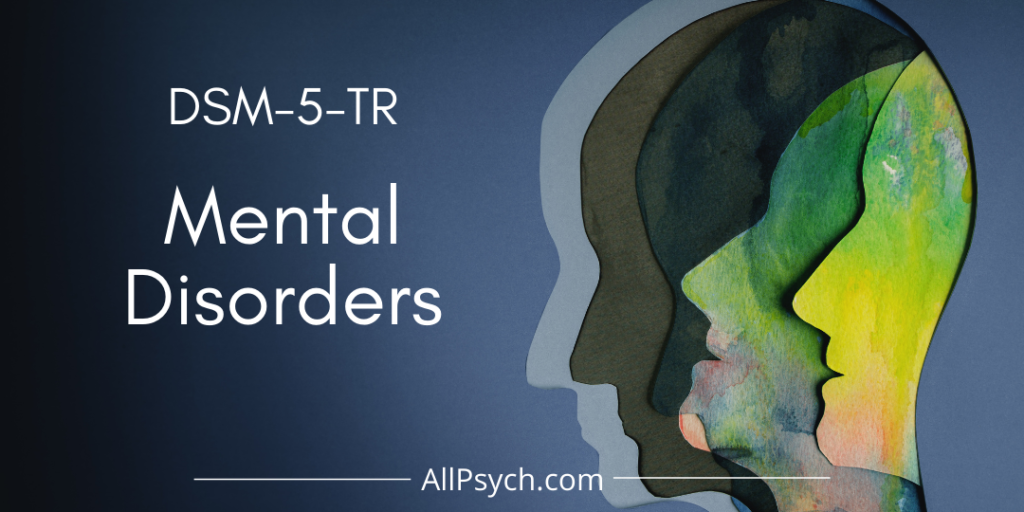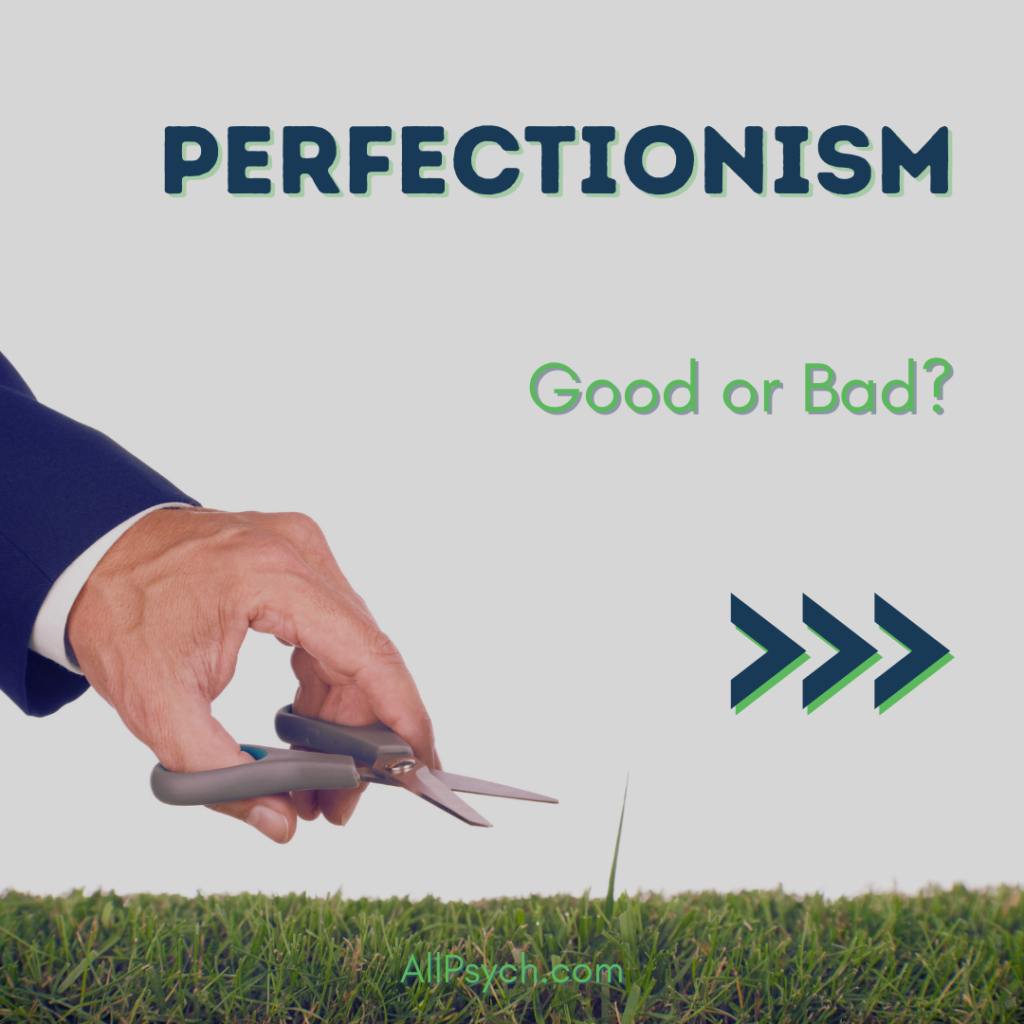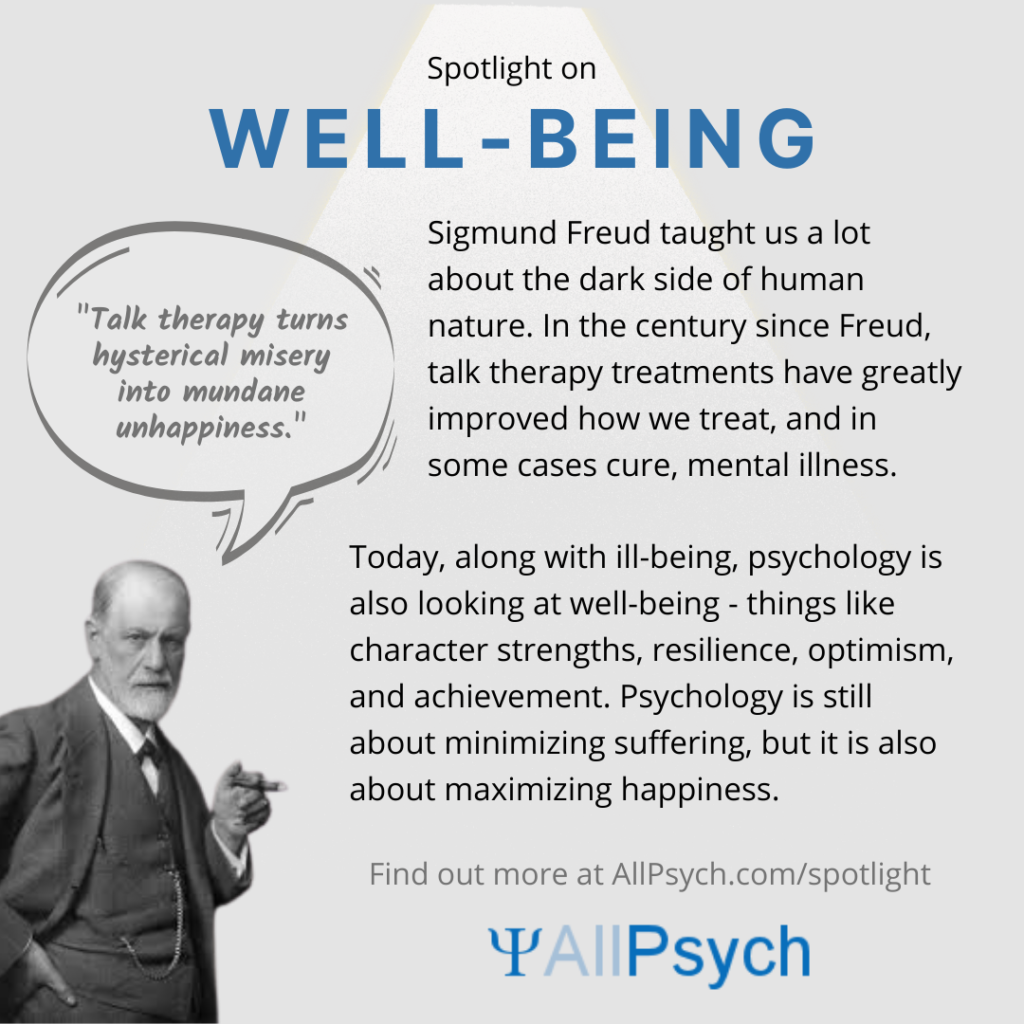Clinical Psychology
Narcissistic Personality Disorder
Narcissism gets its name from Greek Mythology and the story of Narcissus. According to the myth, Narcissus was a handsome and prideful young man. One day as he lay next to a pond he reached toward the water and saw his reflection. He became enamored by his image and struggled to turn away. As he…
Read MoreMental Disorders (DSM-5-TR)
Psychiatric Disorders – DSM-5-TR No posts found.
Read MorePost-Traumatic Growth: An Introduction
We know that psychological trauma exists and that it can have devastating effects on individuals, families, and communities. Trauma has impacted us since humans existed, and according to the National Center for PTSD at the US Department of Veterans Affairs, it has impacted us in a similar fashion across time. When first introduced in the…
Read MoreBeing a Perfectionist Doesn’t Have to be a Negative
Being a perfectionist gets a bad rap. It is associated with negative outcomes, anxiety and stress. This isn’t because perfectionism is bad, but rather the way we approach it is bad. Hurtful Perfectionism Perfectionism is a striving, meaning it is about constant forward movement. This means it is about finding solutions and moving toward the…
Read MoreStoic Philosophers – The First Cognitive Behavioral Therapists
When we think of philosophers, names like Socrates, Plato, and Aristotle often come to mind. For psychology, this makes a lot of sense since we use Socratic Questioning, documented by Plato, as an important component of Cognitive-Behavior Therapy (CBT). Aristotle was the first to write about the mind-body connection. But the first approach to self-help…
Read MoreSpotlight on Well-Being: We’ve Come a Long Way since Freud
Sigmund Freud Just as the world was preparing to enter the 20th century, Sigmund Freud was preparing to shock everyone with talk of unconscious drives focused on sex and aggression. He published Interpretation of Dreams in 1899 and started the professional psychology movement. 100+ years later psychology as a discipline has shed light into the…
Read MoreAwareness and Sympathy May Be Key Components of Guilt for Children
Guilt is a negative emotion, but it’s a negative emotion that to some extent is good. If no one ever felt guilt, the world would be a scary place indeed! One question about guilt is how the tendency to feel guilt develops in childhood. We know that some children feel guiltier than other children when…
Read MoreGood Sex and Good Friendships Make People Happier With Being Single
If you’re single, you’re certainly not alone. The US is in the middle of an ongoing shift toward one-person households. As I’ve written about before, single people commonly cite a variety of both positive and negative reasons for their singleness. Some of them enjoy the freedom, some have priorities other than relationships, and some just…
Read MoreStudy Identifies Three Types of Low-Risk Drinkers
When psychologists investigate people’s patterns of alcohol use, they often look at what happens when alcohol use becomes a problem. They consider questions such as what might predispose people to risky drinking habits, and how risky drinking habits tip into a full-blown alcohol problem. But a new study published in Drug and Alcohol Review comes…
Read MoreThe Great Recession’s Lasting Mental Health Effects
We’re already into the next recession, but psychologists are still working to understand the mental health implications of the 2008 financial crisis. Previous research has made it clear that the economic fallout from that crisis came with a large psychological cost, and a new study in Clinical Psychological Science shows how lasting the 2008 recession’s…
Read More







